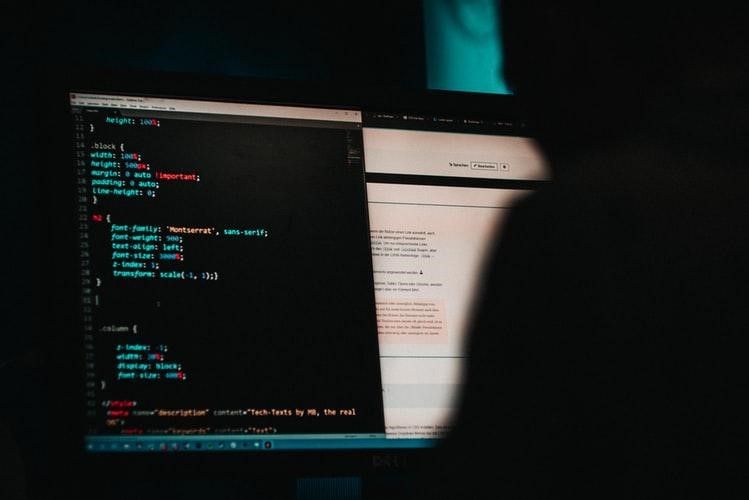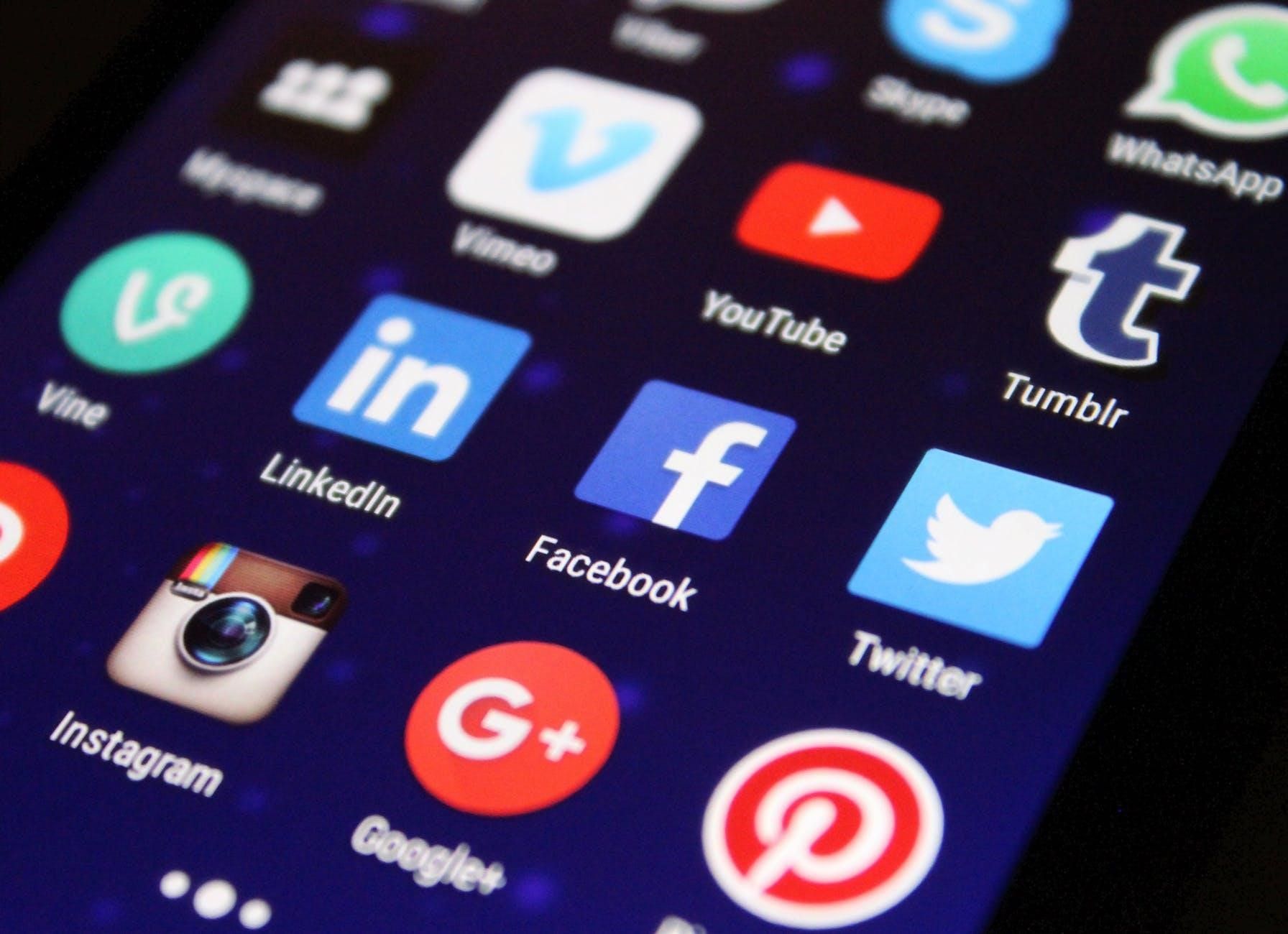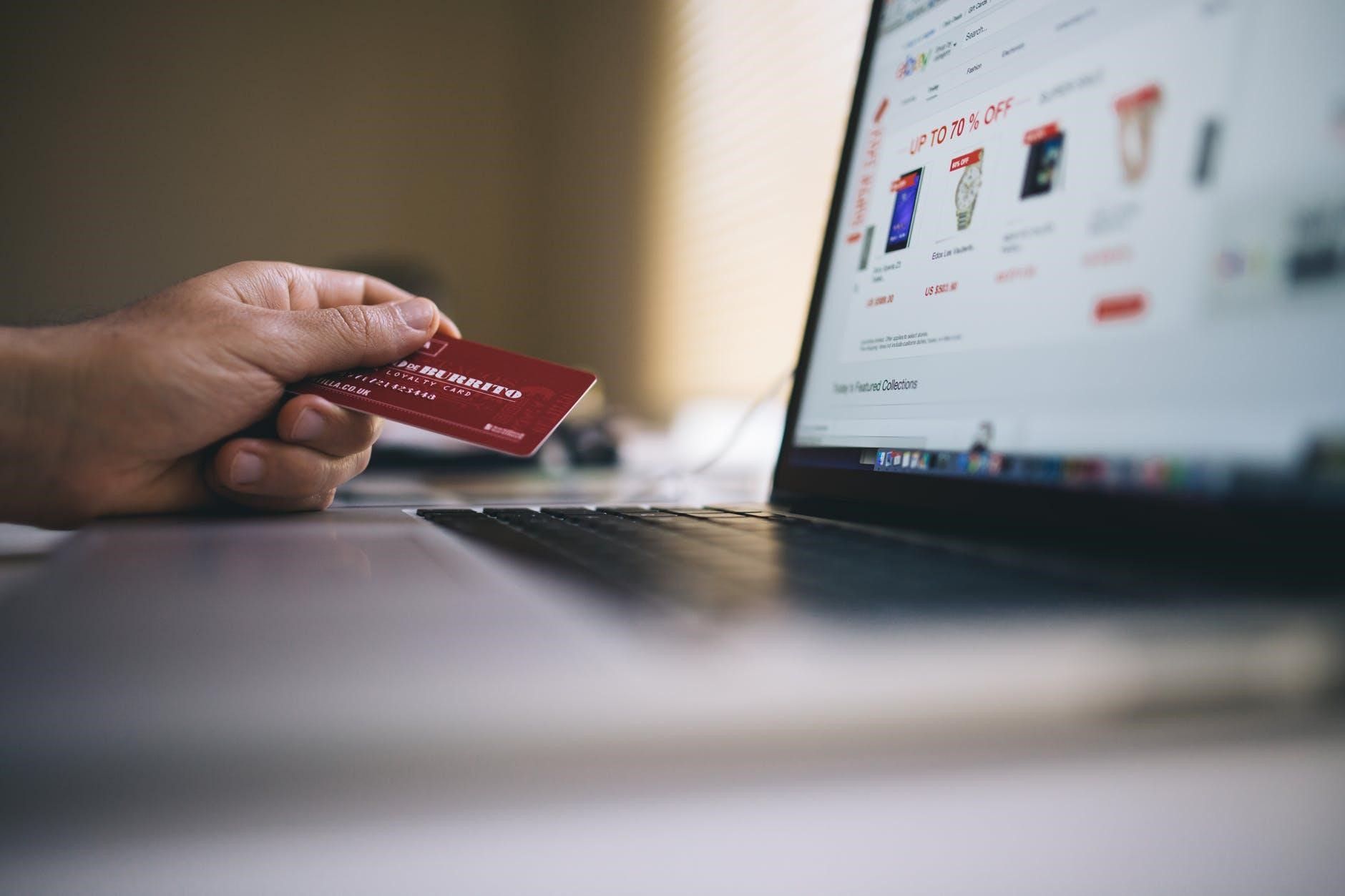COVID-19: Cyber-crime and Security
In the wake of the global COVID-19 pandemic, many of us have taken up several preventative measures to protect ourselves and our loved ones. We have come to rely on technology and our devices more than usual to communicate, work as well as share and receive information about this unprecedented crisis. However, while physical crime has reduced, cyber-crime and security issues are rampant, and are expected to increase as malicious forces seek to exploit the uncertainty and fear surrounding the illness.
Critical structures such as the World Health Organization have not been immune to cyber-attacks either, so it is vital that we do our part to ensure the secure use of technological resources. Adherence to the following steps may aid the safe and harmonious continuation of our virtual private and professional lives:

Beware of phishing scams
Look out for phishing emails! Take extreme caution while deciding to view any emails that ask you to renew your credentials, even if the source appears to be trusted. Mails that convey a sense of urgency or threat should always be verified with external sources before complying with the instructions. Even if the source may seem familiar, if the information in the email appears strange, verify the same by phone if possible.
Amp up cyber-security on your devices
Ensure that your personal and corporate devices are connected to a secure network with an updated safety software and activate encryption. Installing the latest software will make it difficult for attackers to take advantage of identified problems or vulnerabilities. In the event of information breaches on corporate devices, ensure that appropriate safety policies are in place, and that staff are informed about the same.

Use social media carefully
Social media platforms are proving to be highly useful for updates and conversations surrounding COVID-19, especially from governing authorities and scientific sources; however, misinformation is also abundant. While the financial impact of misinformation is not blatantly obvious, the anxiety this creates may result in illogical at-home remedies and panic buying. Ensure that the information you are seeing and reading online is verified through official sources. In addition, secure all your social media accounts with passwords, and frequently review the privacy settings.
Be wary of sources that sell fraudulent goods
With the increasing shortage of healthcare and sanitary products in major outlets, the sale of counterfeit goods, pharmaceutical products, and even medical equipment has increased on cyber-criminal marketplaces. Do not purchase goods from unverified third party vendors! Your goods may never reach you, or the ramifications of using these products may drastically impact your health.

Be cautious and reinforce security measures! In the event of cyber-crime, get in touch with your local criminal justice authorities to help penalize those seeking to exploit the COVID-19 crisis for their personal gains.
Take care of yourself and your loved ones, #StayHome, and #StaySafe.


